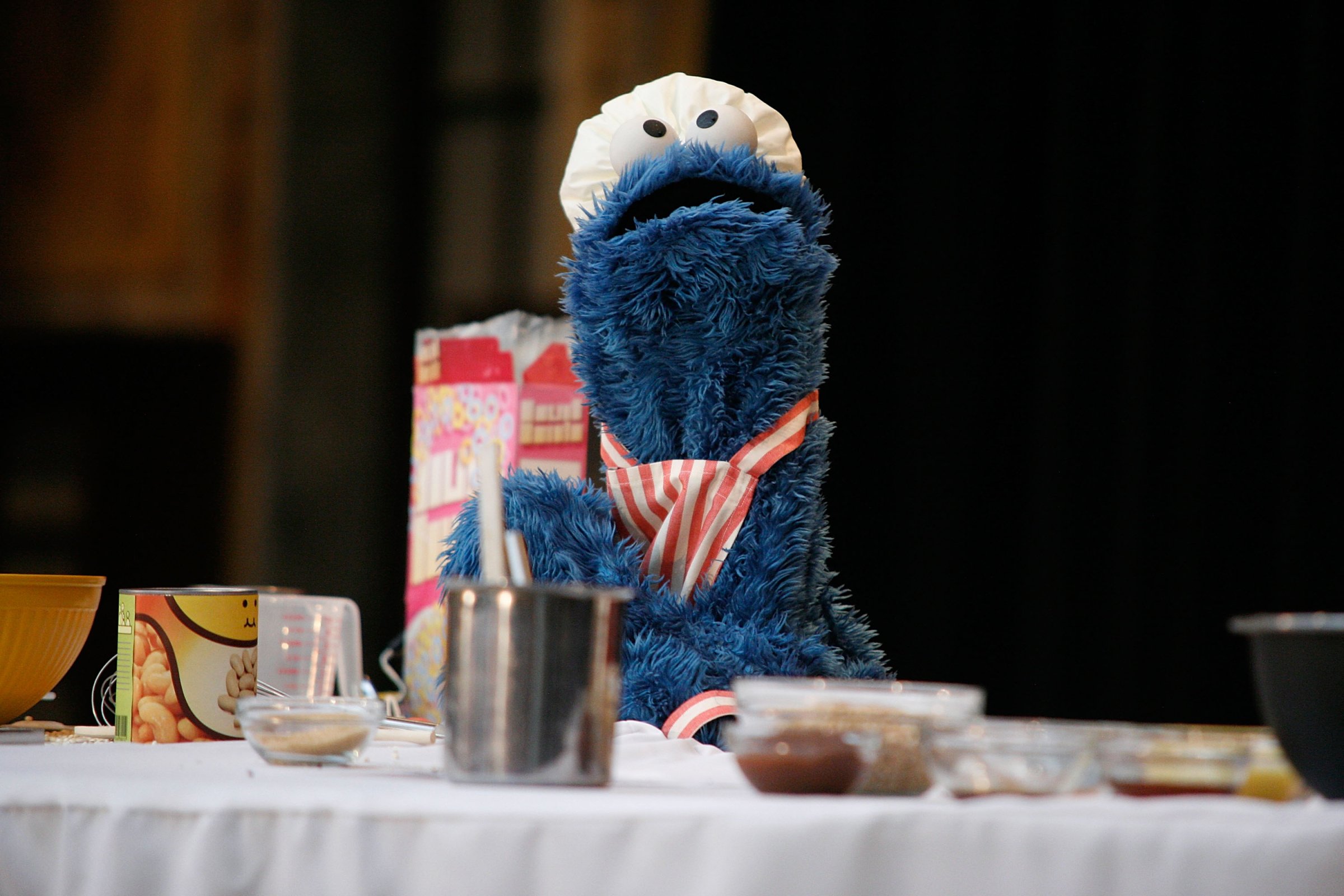
Willpower Is Destiny
Haven’t we all heard of Mischel’s Marshmallow Self-Control Test by now? If not, here’s a quick summary:
Some children eat the marshmallow immediately, others wait and earn two.
Big deal, right? Wrong.
It’s a huge deal.
Check with those kids 20 years later and you find this silly test of self-control predicts who gets good grades, goes to jail or gets rich.
Via Focus: The Hidden Driver of Excellence:
The big shock: statistical analysis found that a child’s level of self-control is every bit as powerful a predictor of her adult financial success and health (and criminal record, for that matter) as are social class, wealth of family of origin, or IQ. Willpower emerged as a completely independent force in life success— in fact, for financial success, self-control in childhood proved a stronger predictor than either IQ or social class of the family of origin.
Watching the kids during the experiment is pretty cute:
So how do you use this to teach kids (and blog readers, for that matter) about improving self control?
Enter Sesame Street.
COOKIE COOKIE COOKIE
Sesame Street’s Cookie Monster underwent a similar trial:
The above was just a promo. In the episode there was more of a detailed lesson for Cookie Monster about fighting temptation.
How did Sesame Street assemble such a lesson? They consulted Mischel, of course.
Via Focus: The Hidden Driver of Excellence:
To get the self-regulation strategies right in this segment, says Rosemarie Truglio, senior vice president for education and research, they consulted with none other than Walter Mischel, the mastermind behind the marshmallow test.
After testing so many kids, Mischel had learned a good deal about what does and doesn’t improve willpower.
What’s really important? Attention is one of the most essential elements of self-control. Distraction is a powerful tool.
Via Focus: The Hidden Driver of Excellence:
How we focus holds the key to willpower, says Mischel. His hundreds of hours of observation of little kids fighting off temptation reveal “the strategic allocation of attention,” as he puts it, to be the crucial skill. The kids who waited out the full fifteen minutes did it by distracting themselves with tactics like pretend play, singing songs, or covering their eyes. If a kid just stared at the marshmallow, he was a goner (or more precisely, the marshmallow was).
So Mischel gave Sesame Street a few strategies related to attention that might help Cookie Monster.
One was a type of refocusing: “Think of the cookie as something else.”
Via Focus: The Hidden Driver of Excellence:
Mischel proposed teaching Cookie cognitive control strategies like “Think of the cookie as something else” and reminding himself of that something. So Cookie sees the cookie is round and looks like a yo-yo, and dutifully repeats to himself over and over that the cookie is a yo-yo. But then he gobbles anyway.
So that didn’t work for Cookie Monster.
But then they tried another method: Delay and focus on reward.
Via Focus: The Hidden Driver of Excellence:
To help Cookie take just a nibble— a major triumph of willpower— Mischel suggested a different impulse-delay strategy. Alan tells Cookie, “I know this is hard for you, but what’s more important: this cookie now, or getting into the club where you’ll get all kinds of cookies?” That did the trick.
Success! Cookie Monster was able to hold out for the bigger plate of cookies.
How This Can Help You
I’m seriously hoping you’re already more disciplined than a five-year-old or a blue puppet.
Meaning if these methods worked for them, they’ll definitely work for you.
What are the effective strategies you can start using immediately? To review:
For more tips check out my round up of self-control research and my interview with NYT bestselling author and willpower expert, Roy Baumeister.
(After all these years, how does Cookie Monster still make me smile like that every time I see him devour a cookie?)
Join 45K+ readers. Get a free weekly update via email here.
Related posts:
How to easily increase willpower — interview with Professor Roy Baumeister
What one thing can determine whether or not you’re successful in life?
What 10 things should you do every day to improve your life
This piece originally appeared on Barking Up the Wrong Tree.
More Must-Reads from TIME
- Donald Trump Is TIME's 2024 Person of the Year
- Why We Chose Trump as Person of the Year
- Is Intermittent Fasting Good or Bad for You?
- The 100 Must-Read Books of 2024
- The 20 Best Christmas TV Episodes
- Column: If Optimism Feels Ridiculous Now, Try Hope
- The Future of Climate Action Is Trade Policy
- Merle Bombardieri Is Helping People Make the Baby Decision
Contact us at letters@time.com